By 1941 time was running out for Charlie Chan movies at 20th Century Fox. The series dated back to 1931 — when the studio was just Fox Films — and had kept going for ten years, even surving the death of Warner Oland in 1938 after making 16 of the movies. Sidney Toler stepped into the role that same year and eventually made 11 films for the studio. The interesting thing is the series wasn’t dropped because of declining box office. They weren’t the minor A pictures they started out as, but they were still very profitable Bs. What happened had nothing to do with Charlie Chan. It was all about Pearl Harbor and 20th Century Fox’s belief than audiences wouldn’t want to see any Asian detective — nevermind that Charlie was Chinese (and played by a Scottish American from Missouri). (Whether they were right or wrong, Toler was able to secure the rights to the character and would launch his own — admittedly rather threadbare — series at Monogram Pictures in 1944.)
The pity was that the series had become re-energized by director Harry Lachman on the last four films. In fact, those films — especially Dead Men Tell (1941) and Castle in the Desert (1942) — were among the most atmospheric and stylish of the series. Oddly, these weren’t Lachman’s first brush with the series. He’d made Charlie Chan at the Circus back in 1936 — during which he managed to alienate most of the cast and annoyed the studio in the bargain. (Lachman is the only person I ever heard Keye Luke — who played Charlie’s “No. One Son” in the Oland films — speak ill of.) Regardless, there is nothing about his work on Charlie Chan at the Circus to suggest the quality he brought to these later films. What made the difference? That’s hard to say, though I have a hunch that it had something to do — at least in the case of these two films — the relatively constrained settings allowing him to tap into the studio artistry that was available at the time. The stories of Dead Men Tell and Castle in the Desert afforded him the chance to create tightly controlled little worlds for each film.
Dead Men Tell is the more atmospheric of the two. The sets are limited to a small ship, the dock, a sail loft, and a dive bar. The exteriors are misty and creepy, while the interiors are bathed in shadows. The story takes place in the space of one fog shrouded evening, makingg it feel like a perfectly crafted short story. Charlie quite accidentally becomes embroiled in the events when he comes onto the scene looking for “No. Two Son” Jimmy (Sen Yung), who he suspects is going to try to sneak onboard a ship slated to go on a treasure hunt. Well, he’s right, but what he hasn’t reckoned on was stumbling onto the murder of treasure hunt organizer Patience Nodbury (a delightful Ethel Griffies). She is scared to death by someone dressed as her ancestor pirate, who she believes always appears to call a Nodbury to the other side. The motive for this is her treasure map, which she has divided into four parts — one she has, the other three have been given to passengers, the identity of which only she knows.
The story is nothing special, but the execution is extraordinarily good. Nearly every shot is judged for maximum impact, creating a thoroughly creepy mystery — with, of course, doses of fairly broad comedy from Jimmy Chan. The plot is something of a variation on the one favored by Chan creator Earl Derr Biggers. His tendency was to craft stories grounded in revenge murders. Here we have a revenge scheme in the mix, but not one created by the murderer. As the film progresses through its second murder and various red herrings (there’s no shortage of those), Lachman keeps a tight rein on the action while never letting up on the atmosphere. It’s a nearly perfect little movie of its kind. The only weak point is Robert Weldon in his only major role in the movies as the more or less romantic lead. He sounds vaguely like James Stewart, but, frankly, he just can’t act. I should perhaps note that it was also the first Charlie Chan movie I ever saw — and my parents had to talk me into it, because I was in a snit that the movies were replacing the Saturday afternoon “Tarzan Theater.” It was for the best, though. After all, I never was moved to write a book about Tarzan movies.
Castle in the Desert (made in 1941, but released in 1942) marked the end of the Fox series, and it’s a surprisingly strong final entry. (Of course, it wasn’t made with that in mind.) As a mystery it’s a little stronger — and considerably more unusual — than Dead Men Tell, but it lacks the non-stop atmosphere. Whenever the movie stays in the castle of the title — and that’s most of the time — Lachman’s sense of atmosphere and style is very much intact. The exteriors aren’t quite on that level, though they have their own pleasures, thanks in no small part to the return of Ethel Griffies in an expanded role. Here she plays Madame Saturnia, who as the name implies is a kind of (not entirely) crackpot mystic. After warning Charlie not to go to the castle, she later opts to join Jimmy when he shows up and heads there.
Actually, the whole cast is a notch above the usual — Douglass Dumbrille, Henry Daniell, Edmund MacDonald, Lenita Lane, and Milton Parsons (the last two are also in Dead Men Tell). The story is surprisingly complex, involving a conspiracy that is in itself interrupted by murder. (Well, it’s a Charlie Chan picture, there has to be at least one murder.) Charlie has been invited there — or so it seems — by lady of the house Lucy Manderley (Lenita Lane), a woman descended from the Borgias. and of somewhat debatable mental stability. Moreover, Charlie’s invitation turns out to be bogus. His presence — along with several other visitors — doesn’t sit well with Manderley (Douglass Dumbrille) himself, a scarred recluse, hiding behind a mask and obsessed with writing a biography of Cesare Borgia. This obsession is such that Manderley lives life much as it was in his subject’s day, without modern conveniences.
The interiors of the castle are quite splendidly achieved — probably involving standing sets that have been redressed — and Lachman is never at a loss for a clever camera angle. (He was helped no doubt by the fact that some of the sets have ceilings, allowing low-angled shooting.) At the same time, the long shots of the castle look suspiciously like a not wholly convincing model, but these are limited. What really matters is that the film completely convinces that the characters are marooned at this creepy domicile in the middle of the desert — much as Dead Men Tell convinces with its tightly enclosed location. If the series had to end, this was certainly a solid finale. Not to sell the later series at Monogram short — they have charms of their own — but this is the last really classy entry. Just remember, “Man without enemies like dog without fleas.”
The Asheville Film Society will screen Dead Men Tell and Castle in the Desert Tuesday, Oct. 7, at 8 p.m. in Theater Six at The Carolina Asheville and will be hosted by Xpress movie critics Ken Hanke and Justin Souther.


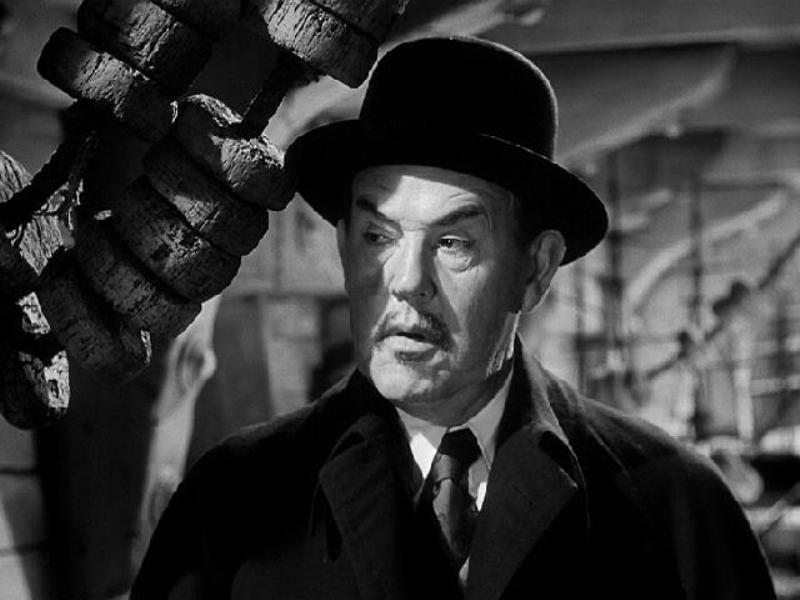
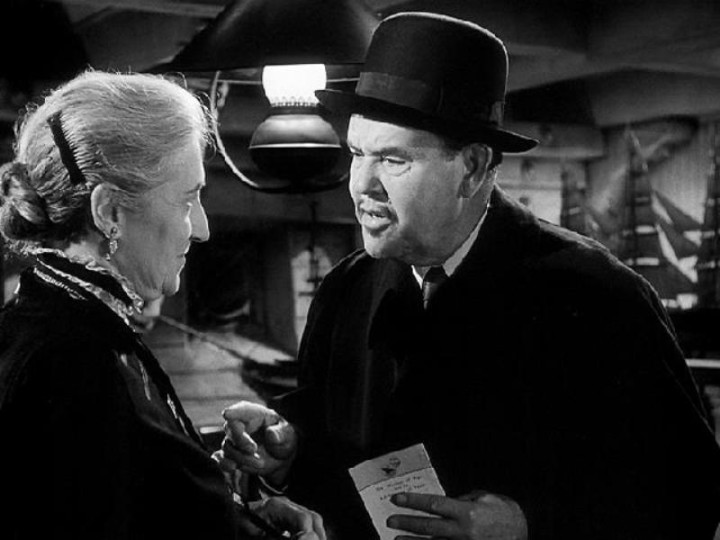
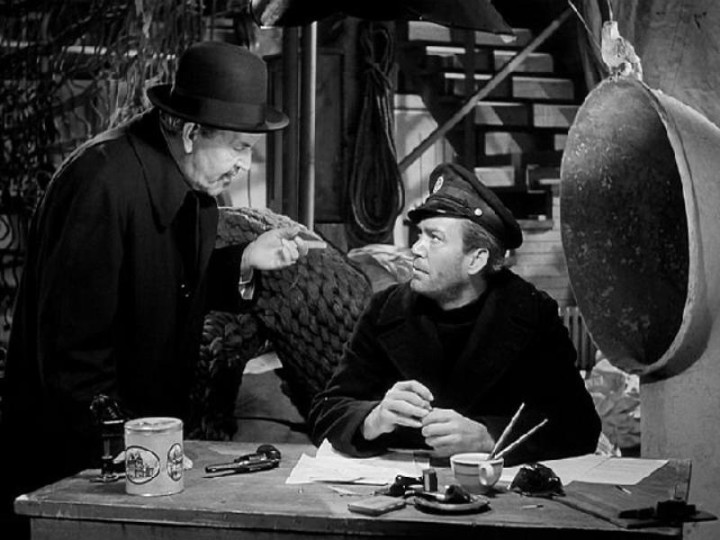
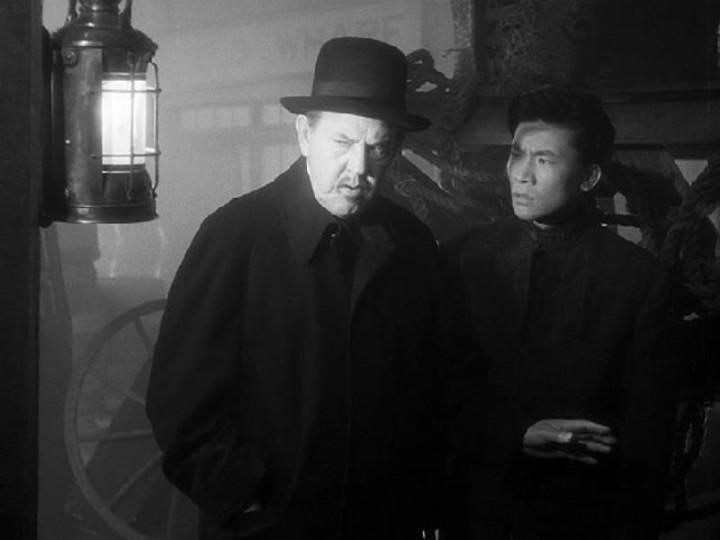
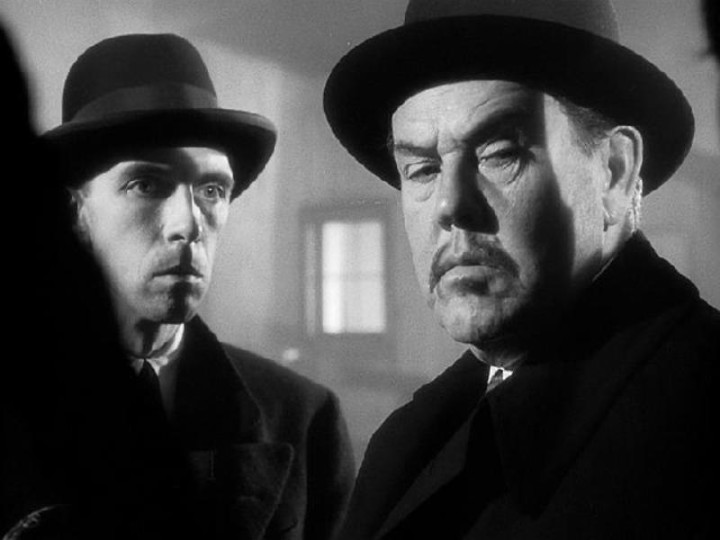
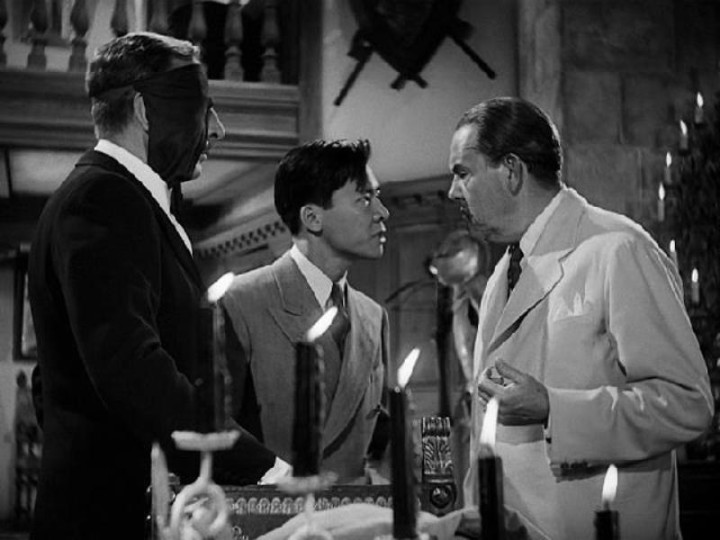
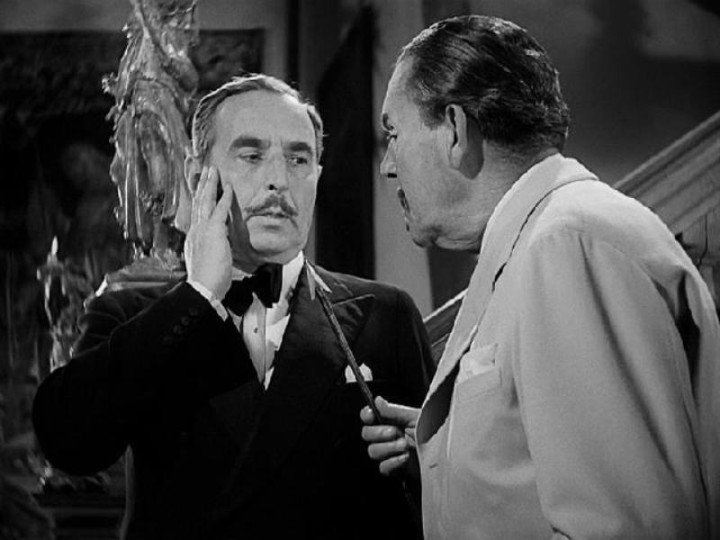
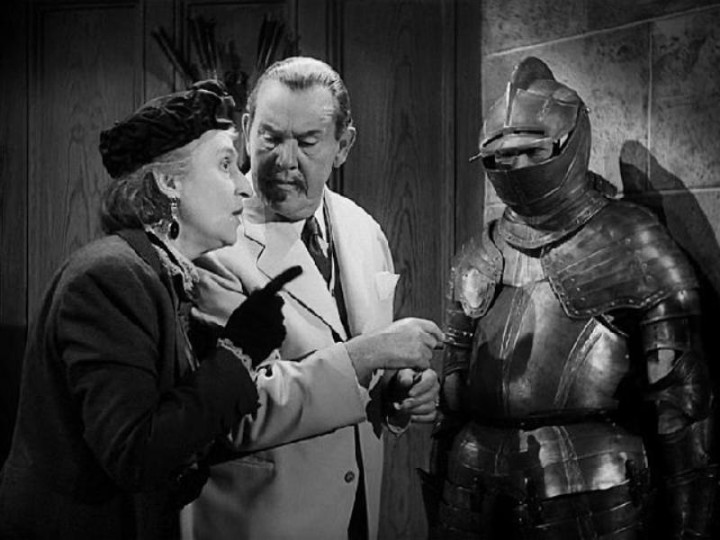
Are these your two favorite Charlie Chan pictures and/or your favorites with Toler in the role?
I’m not sure they’re either. They are certainly not my overall favorites. I prefer the Oland films by a wide margin with The Black Camel, Charlie Chan at the Race Track, and Charlie Chan’s Secret being at the top of that list with CC in Paris and CC in Shanghai not far behind. My favorite Tolers (Fox era) are Charlie Chan at Treasure Island and CC in Panama. These, however, are, I think the most artistically made of the Tolers.